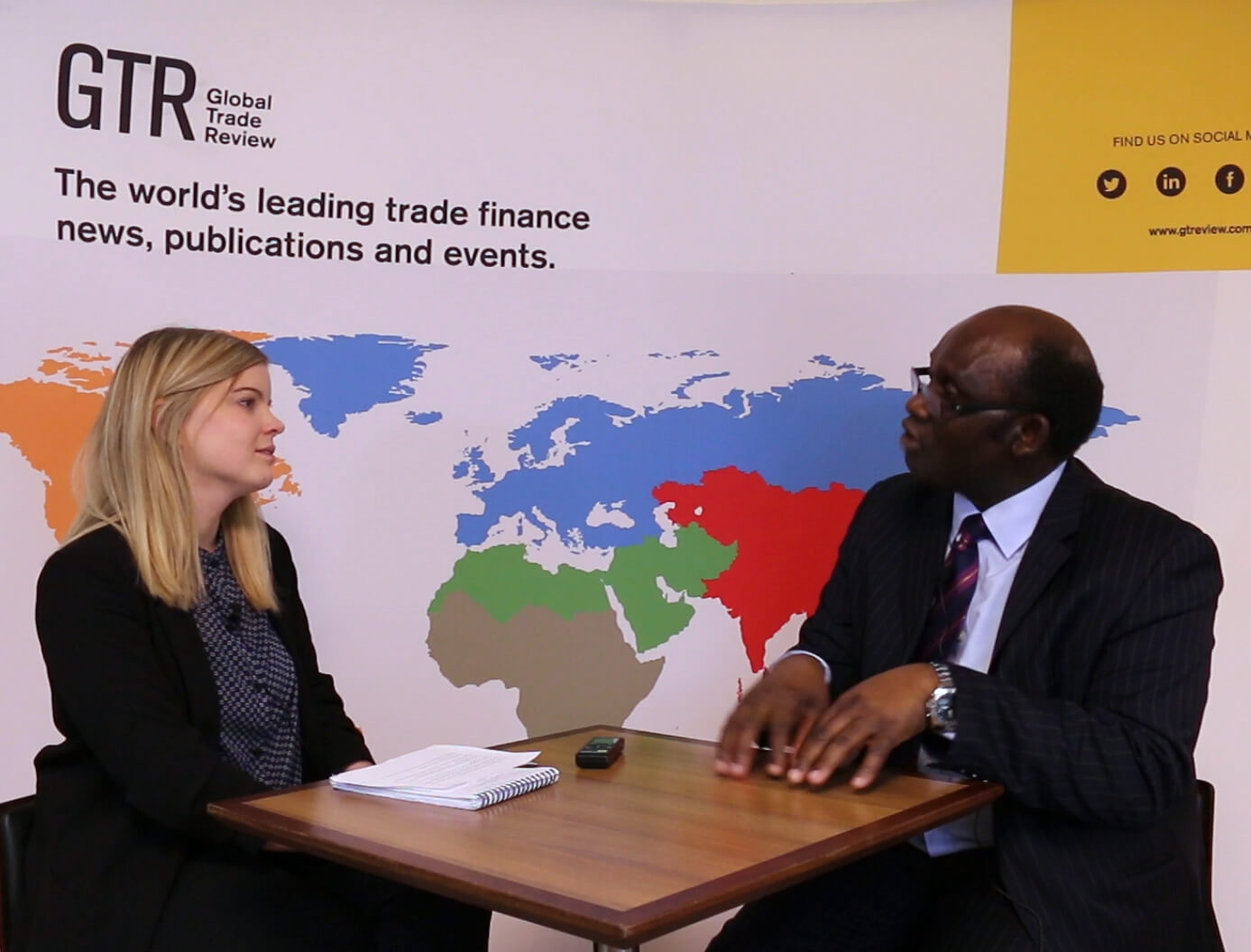The African Continental Free Trade Area (AfCFTA) could drive significant change for Africa – if it works as intended.
That was the sentiment at the GTR Africa conference in London, where AfCFTA was a topic of many discussions. A deal to create the free trade area was signed in March by the leaders of 44 countries in what was described as a historic moment for the continent. Since then, another five countries have joined.
AfCFTA comes with big ambitions: if fully implemented, it will create a single African market for goods and services, covering 1.2 billion people and a GDP of US$2.5tn across 55 member states of the African Union.
According to the African Union, the agreement has the potential to boost intra-African trade by 53% by eliminating import duties, and to double trade in the region if non-tariff barriers are also reduced.
But there is still a long way to go for AfCFTA to reach its full potential. First the deal needs to be ratified by 22 nations to take effect – so far, 13 countries have completed this process. Meanwhile, six countries, including Nigeria, are still refusing to sign up.
Despite challenges, AfCFTA could be significant, both for Africa and for international companies operating on the continent. In this video, GTR speaks with Olu Fasan, a visiting fellow in the international relations department of the London School of Economics (LSE) and a member of the LSE’s international trade policy unit, to get his thoughts on the deal.







